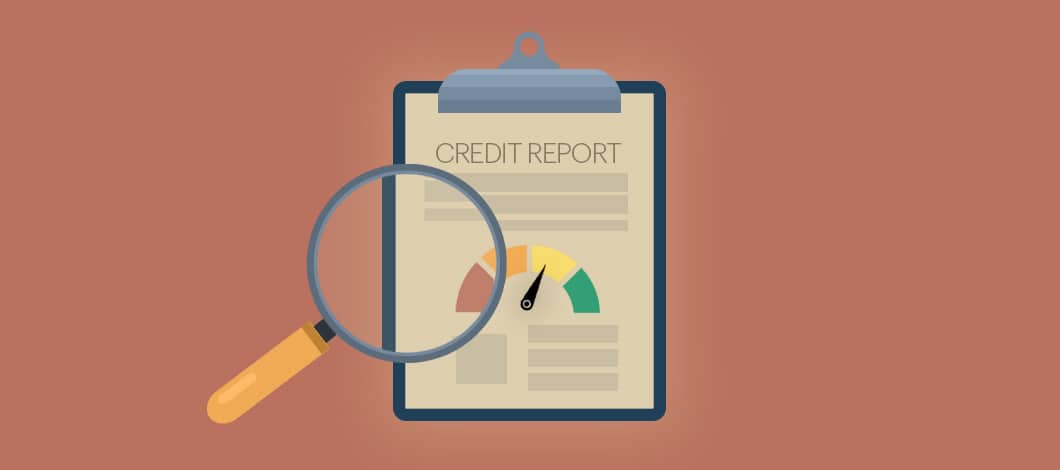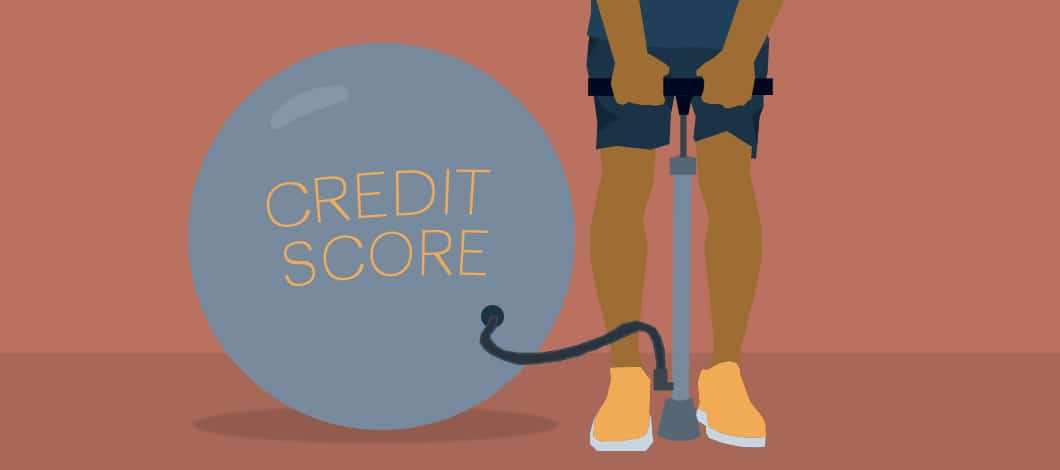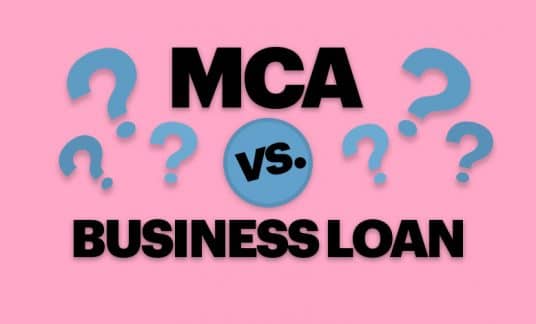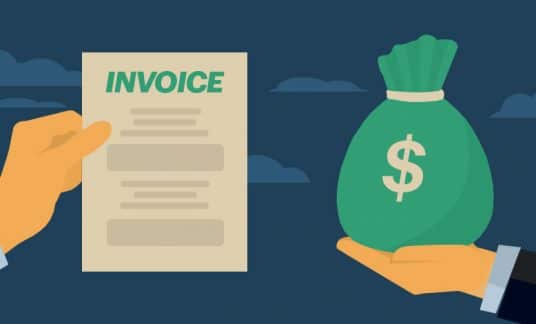As a small business owner, understanding the difference between soft vs. hard credit checks is crucial for keeping your credit history in good standing.
Although credit checks are just one out of many factors that impact your business credit score, it’s important to know exactly how they can do so.
Learn more about these circumstances to gain a better understanding of how credit checks can impact your business credit score.
What Is a Business Credit Score Check?
A business credit score check, or credit score inquiry, is a request made by a lender to obtain a potential borrower’s credit report.
This report, in turn, will help inform the lender of the borrower’s creditworthiness.
Most importantly, a business credit report will tell a lender whether they should do business with a borrower at all.
It also will help the lender determine:
- The amount of money to lend or finance
- Repayment terms and policies
- Interest rates
- Other contractual terms
Owners can conduct credit score checks for their own business, as well. This will help them maintain oversight of their credit score and history — and gauge their ability to secure financial assistance moving forward.

Hard Credit Checks vs. Soft Credit Checks
Overall, there are 2 types of business credit checks: hard and soft.
Again: Knowing the difference between a soft pull and hard pull is necessary for maintaining a reputable business credit history.
Hard business credit checks, or hard pulls, are made by lenders or creditors when a borrower applies for financial assistance. As it is with personal credit histories, hard business credit inquiries will show on a company’s credit report — and can potentially impact the company’s business credit score.
Soft business credit checks, or soft pulls, are those that are conducted by a lender who has preapproved a business for a loan or line of credit. Soft inquiries are more “unofficial” in nature, and won’t show up on a business’ credit history or impact its credit score in any way. Owners, themselves, also can conduct soft business credit checks using free tools, which we’ll discuss a bit later on.
How Do Business Credit Checks Impact Your Credit Score?
As mentioned, hard credit inquiries can have an impact on your business credit score.
The good news is that the impact is typically pretty negligible — as long as you’re careful.
Hard business credit checks have no direct impact on a business’ credit score. In contrast, hard inquiries for personal credit reports can cause the individual’s credit score to temporarily drop by about 5 points.
That said, an owner’s personal credit score can, in certain circumstances, affect their business credit score. In some cases, their business credit history can impact their personal credit score.
Essentially, this means that a hard business credit inquiry can cause your personal credit score to drop — which can in turn cause your business credit score to drop, too. However, the chances of this chain reaction happening decrease as your business and personal credit scores increase.
Now, even if a string of hard inquiries doesn’t affect your business credit score, they can still impact your ability to secure financial assistance.
For example, if your credit report shows that you’ve had multiple hard inquiries in recent months, it likely means you’ve been requesting tons of financial assistance as of late. This perceived lack of financial stability can potentially be the reason a lender decides to reject your loan application.
Whether directly or indirectly, hard business inquiries do impact your business credit score — and your chances of being approved for loans in the future.
Minimizing the Impact Credit Checks Have on Your Business
To reiterate, the degree to which a hard credit pull will impact a company’s credit history (and loan approval chances) depends on the situation at hand.
That said, there are a few things you can do to minimize the impact hard credit inquiries will have on your credit reports — and your overall financial situation.
Use Soft Credit Checks to Stay Up-to-Date
As mentioned, soft credit checks have no impact whatsoever on your business credit score or history.
So, it just makes sense to use these under-the-radar credit checks to stay on top of your business credit history.
Thankfully, there are a number of free and premium tools to help businesses keep track of their credit scores, credit history and overall financial standing.
On the free side, there are tools such as Dun & Bradstreet Credit Signal and Nav Business Credit Reports. Typically, the free tools offer features such as:
- Basic credit score and history reports
- Alerts to notify owners of changes to their business credit profile
- Tools and tips to help owners improve their business credit score
Premium credit check tools — such as Equifax Business Credit Report for Small Business and Experian Business Credit Report — offer more in-depth insight into your business credit report, and more personalized guidance as to how to improve your score moving forward.
For our purposes, it’s important to use these tools to conduct soft checks on your business credit score on a regular basis. That way, you’ll have a pretty clear idea of what your reports will say when the time comes for hard inquiries to be made.
Build Up Your Personal and Business Credit Score and History
This is sound advice in general, but it’s worth discussing in the context of credit checks, too:
By continually improving your credit scores, you’ll minimize the impact that singular credit checks will have on them. Again, though it isn’t likely for any single hard inquiry to impact your business credit score, the chances decrease significantly as your score increases.
Now, let’s say your credit scores aren’t exactly excellent — perhaps because of a financial problem caused by an emergency situation years ago. Since then, you’ve worked diligently to get your business credit back in good standing.
In this instance, a hard inquiry might cause your credit score to drop a noticeable point or two. But, your nearly-spotless credit history can all but nullify this decrease in score — and will prove your company’s creditworthiness to potential lenders.
Be Strategic When Applying for Business Loans and Credit Cards
Here’s another case where good general advice applies to our purposes: Being more strategic in your approach to applying for business loans and credit cards is key to minimizing the impact hard checks have on your credit score.
Looking at this another way: Haphazardly applying to any and all business loans and credit cards you can find is a surefire way to destroy your creditworthiness in the eyes of your lenders.
Again, multiple hard inquiries within a short time period will communicate financial instability to potential lenders. Worse yet, a string of hard inquiries likely means that other lenders have recently rejected loan applications from your company.
In either case, your haphazard approach will likely make it more difficult to secure financial assistance in the future.
So, what does it mean to be strategic when applying for business loans and credit cards?
It’s simple: Only apply to offers that you’re guaranteed to be approved for — and that you’ll be able to pay off as required.
This means having a strong grasp on your business credit history, as well as your company’s overall financial situation and outlook. With this information in hand, you’ll always be able to find the business loan or financing option that’s best for your company at the moment.











